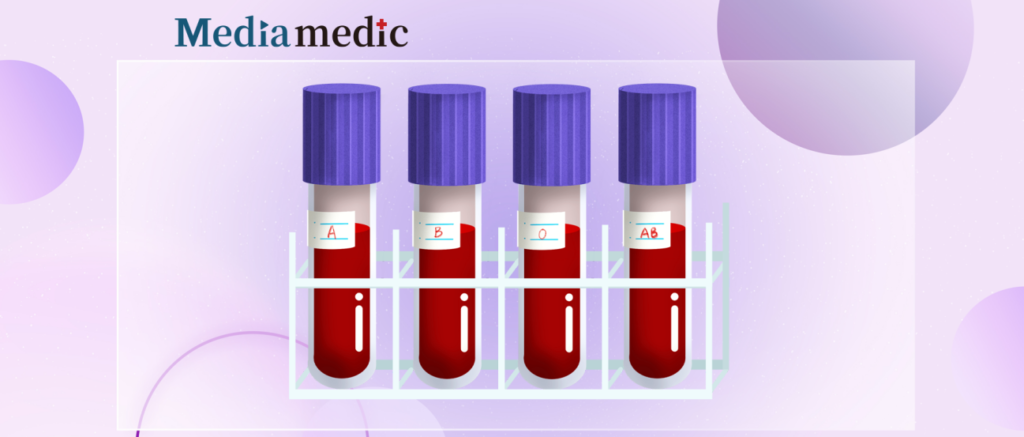
Recently, the Blood Transfusion Department at The First Hospital of Handan in Hebei Province identified an extremely rare B subtype blood type. This blood type results from a heterozygous mutation in exon 7 of the ABO allele, specifically c.449A>G, making it even rarer than the well-known "Panda Blood" (Rh-negative blood).This unique blood type’s genetic sequence has been reviewed and approved by experts at the U.S. National Center for Biotechnology Information (NCBI) and has been officially included in the NCBI’s GenBank human DNA sequence database. This marks the first reported case of this blood type worldwide.
In April 2024, after receiving a blood sample from a patient scheduled for a transfusion, Ningning Cui, a technician at the Blood Transfusion Department of the First Hospital of Handan, repeatedly tested the patient’s blood type and found a discrepancy: the forward typing indicated type O, while the reverse typing indicated type B. This inconsistency made it impossible to determine the blood type conclusively.
Doctors conducted a series of serological tests, including absorption and elution, and subsequently performed gene sequencing. They ultimately identified a new subtype of B blood type that had not been documented by the International Society of Blood Transfusion (ISBT). This new subtype has now been officially recorded with the code PP928483.
Peiyun Dong, Director of the Blood Transfusion Department, explained that while the discovery of rare blood subtypes is not unprecedented, this particular B subtype caused by an allele mutation is a global first.
This finding not only expands our understanding of blood types but also enhances the safety of clinical blood transfusions. For instance, the patient in this case has a newly discovered rare B subtype within the ABO blood group system, making it extremely difficult to find a perfect match for blood transfusion. Therefore, if such patients need a transfusion, autologous transfusion (using their own blood) is recommended. In emergencies, following the principle of saving lives first, O-type washed red blood cells that do not agglutinate can be used. This underscores the significance of discovering this rare subtype.
Xiaogang Yang, Secretary of the Party Committee and Director of the Handan Central Blood Station, noted that ABO subtypes are weak phenotypes of the ABO blood group, resulting from genetic variations in the ABO allele, primarily occurring in exons 6 and 7. The specimen from the First Hospital of Handan exhibited a genetic mutation in exon 7, leading to the serological weak phenotype of ABO. For such patients, using appropriate blood products can address their transfusion needs effectively.


